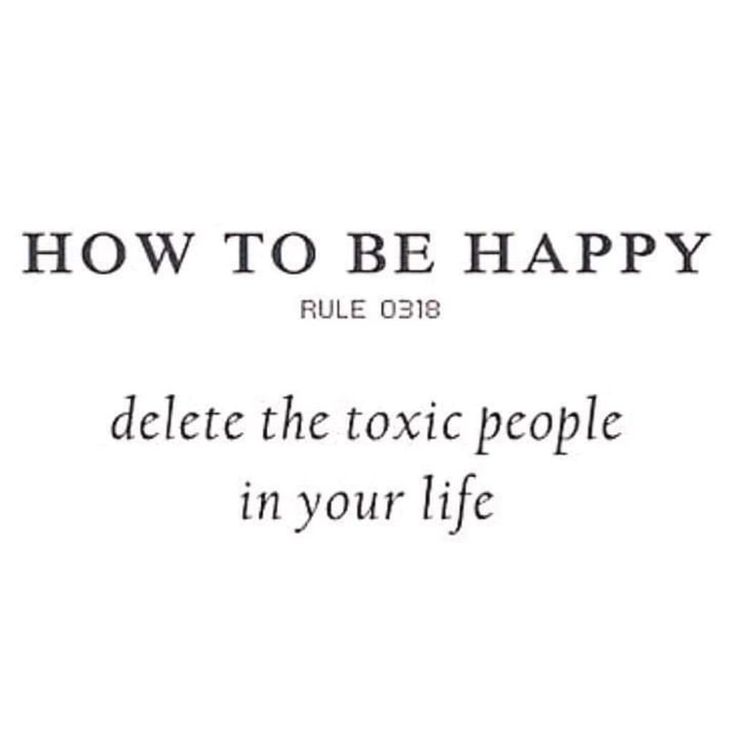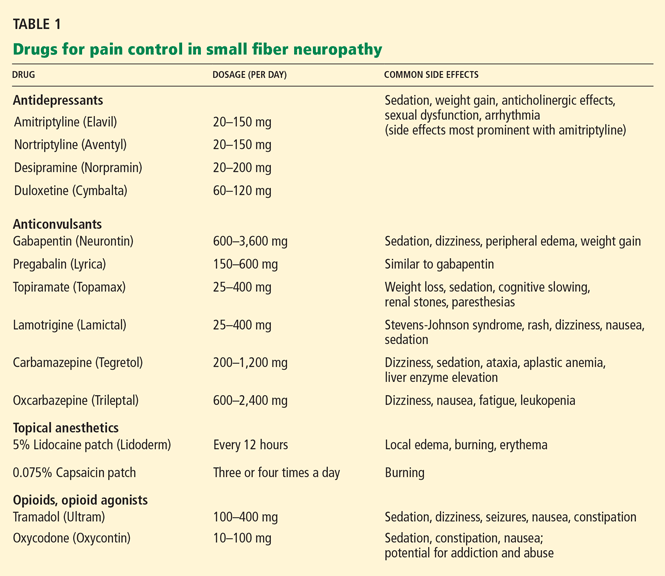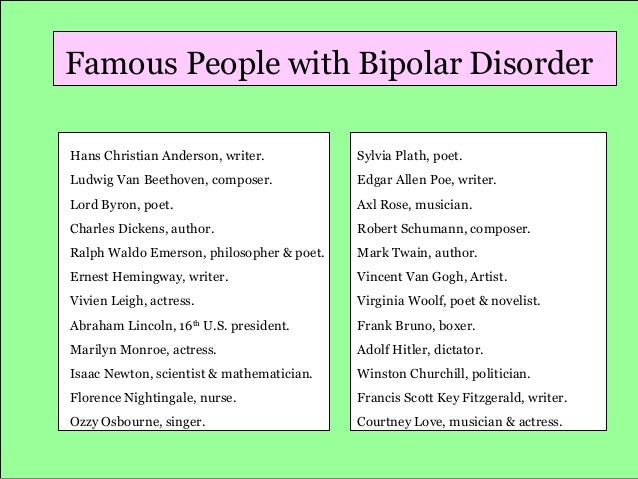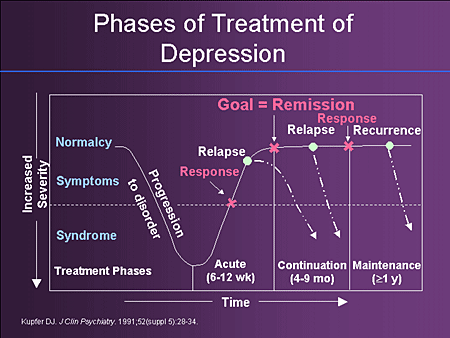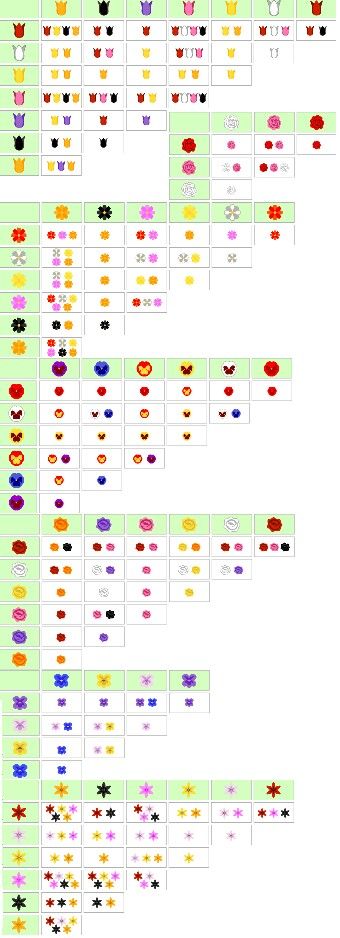Cutting out toxic people
8 Signs It's Time to Cut a Toxic Person Out of Your Life (And How to Do It)
Reading Time: 17 minutes
In 2018, “toxic” was Oxford Dictionary’s word of the year — a sign, no doubt, that the buzzword had officially entered our culture.
But toxic personalities — and the dysfunctional relationships and situations they create — have been around forever. Recognizing them, managing them, and — when necessary — ending them are crucial life skills.
But how do you know when you’re dealing with a truly toxic person, as opposed to a merely problematic one?
And if you are dealing with a toxic person, how do you distance yourself before it’s too late?
It goes without saying that toxic people of all stripes are a problem. They can drain your mental and emotional resources, hijack your sense of self, infect your mood and outlook on life, create stress and unhappiness, make you doubt your feelings and experiences, slow or sabotage your progress, and pull you away from healthy, empowering, uplifting relationships.
Toxic relationships are also hard on your body. In fact, studies have shown that people in adverse close relationships have a greater risk of heart disease. Researchers have also found that hostile marital interactions can even slow wound healing. And the effects of stress and conflict on sleep quality, the immune system, and adrenaline production are well-documented.
So interacting with toxic people — whether it’s a casual relationship with a dysfunctional friend or an intimate relationship with a problematic partner — has a profound effect on our physical and mental health. Those impacts, in turn, shape the way we show up in those relationships — creating a very powerful (and often worrisome) feedback loop.
In fact, the quality of our relationships is one of the greatest determinants of our health, happiness, and success in life. In many ways, we experience the world — and ourselves — through the people in our lives. The healthier the people, the healthier the life.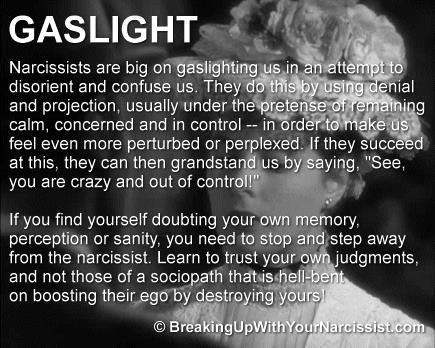 The more problematic the people, the more problematic the life.
The more problematic the people, the more problematic the life.
So whether you’re dealing with a parasitic boss, a manipulative friend, a pessimistic cousin, a jealous partner, or a spiteful colleague, that toxicity is almost certainly having an effect. It might even be feeding certain toxic responses in you. If you’ve ever grown pessimistic after hanging out with a bitter colleague, or you’ve lashed out at a partner after being chewed out by a boss, then you know how that toxicity can travel, virus-like, across relationships.
These templates and processes are largely unconscious, which is what makes them so insidious. That’s why it’s crucial to consciously identify toxic people in your life and, once you do, to decide how to manage your contact with them.
We can all sense when we’re in the presence of a difficult personality. But when does a problematic person become truly toxic? When does dysfunction tip over into poison?
To some degree, toxicity is subjective. Everyone has a different threshold for challenging people, and different values around conflict and loyalty. But there are some objective signs that a person or relationship has become objectively toxic.
Everyone has a different threshold for challenging people, and different values around conflict and loyalty. But there are some objective signs that a person or relationship has become objectively toxic.
These signs can become a sort of diagnosis checklist or rubric for evaluating the difficult relationships in your life.
Eight Telltale Signs of a Toxic Person
They disrespect your boundaries.
Toxic people struggle to honor other people’s limits.
In fact, coming up against a firm boundary often provokes them into acting even more egregiously (a sign, of course, that the boundary was necessary in the first place). While healthy, well-adjusted people will acknowledge people’s appropriate limits — even if those limits make them angry or feel hurt — a toxic person will tend to keep challenging, negotiating, and violating your boundaries in order to maintain their access. In many cases, they know from experience that they will eventually wear you down, which only reinforces their behavior.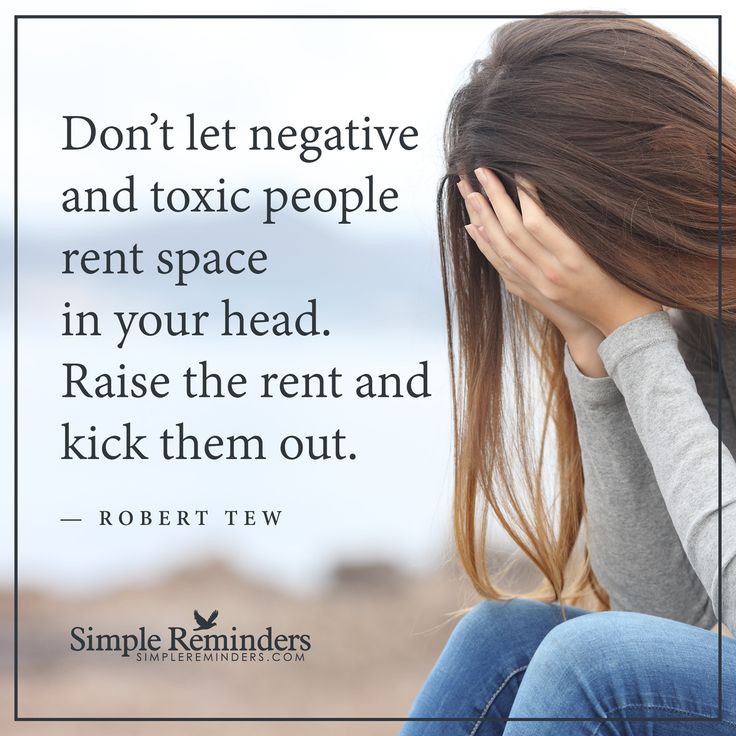
If you pull back from a person and only provoke them further, you can be sure you’re dealing with some degree of toxicity — and that the boundary was the right one to draw.
They’re manipulative or controlling.
Toxicity often takes the form of manipulation and control. To a toxic person, relationships aren’t true relationships based on mutual love and respect, but a means to an end.
That end could be any number of things: a sense of power, a gratification from directing another person’s actions, a reassurance that they’re liked and needed, or access to material benefits. If you ever feel that you are being used as a pawn in a larger strategy or as a means to an end at your own expense, then you’re probably caught up in a toxic dynamic.
Sometimes manipulation and control are hard to notice, especially in the beginning. You’ll have to be very tuned in to your emotional response to recognize the pattern — but we’ll return to that idea in just a moment.
They lie.
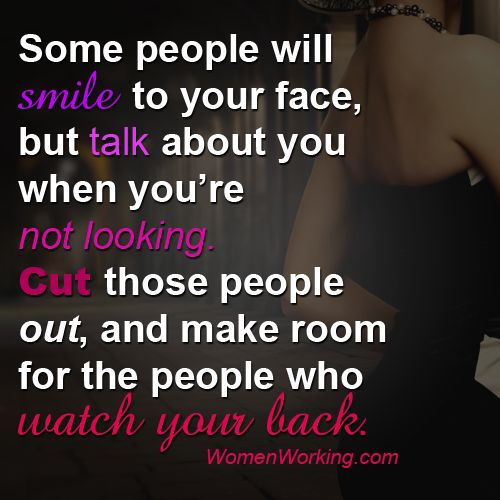
Generally speaking, toxic people are not friendly with reality. They often maintain a separate reality — a self-created narrative — in which their needs and interests dominate.
To that end, they might twist facts, hide information or overtly lie — to the people around them and even to themselves. When confronted, they’ll resist owning up to their deceit — even, strangely enough, when it’s about small things. Whether they’re lying to manipulate another person, to enhance their reputation, to secure a desired outcome, or to mask their shame, toxic people rely on lies as part of their operating system.
If you ever catch someone in a deliberate lie (even about something seemingly minor, like weekend plans or a small debt), take notice. If you ever feel that you’re being co-opted into a larger narrative (“everyone wants me to fail,” “you and I have to fight these people,” “so-and-so doesn’t like you”), take a step back. You’re probably dealing with a toxic person.
They always have to be right.

Toxic people often struggle to admit when they’re wrong, because recognizing that they made a mistake (even a minor one) or hurt another person is too threatening to their ego.
To preserve their unassailability, they tend to justify their behavior (“Well I had to lie about the job offer to be treated fairly”), deny another person’s perspective (“You’re being overly sensitive”), or project their weakness or shame onto others (“Well, you’re the one who…”).
In most cases, there’s no healthy, fair, or productive conflict with a toxic person. They’re always going to be right, and they’ll always prioritize their sense of self above all else. They’ll never own up to their mistakes, but they’re often more than happy to broadcast yours.
They’re always the victim.
A toxic corollary to the need to be right is the tendency to play the victim. In a world where they can’t be wrong, dysfunctional people will often default to being the wronged party.
If someone appropriately challenges them, they tend to experience that challenge as an accusation or attack.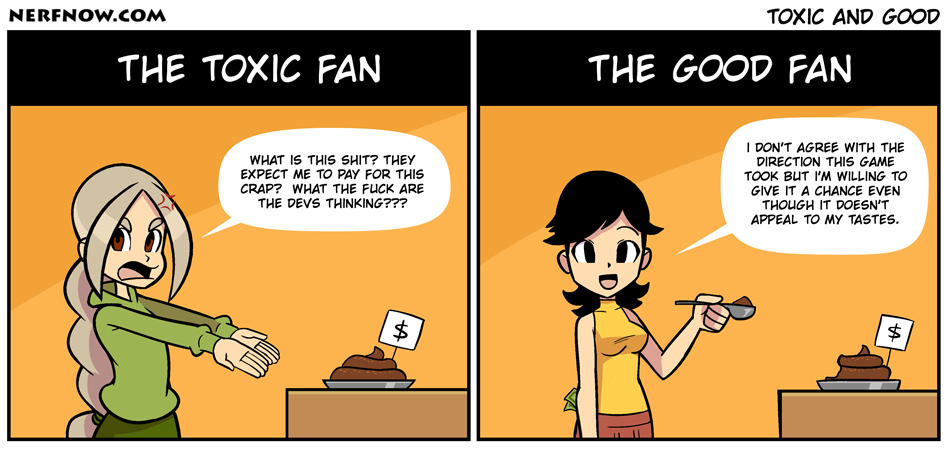 If a situation doesn’t go their way, they tend to attribute their failure to other people or forces. Where a healthy person experiences an injury or a setback, susses out their role in the situation, and then identifies the piece of it they can work on, a toxic person immediately shifts into self-pitying, woe-is-me mode. The problem is “out there,” and the top priority is to feel validated, comforted, and secure.
If a situation doesn’t go their way, they tend to attribute their failure to other people or forces. Where a healthy person experiences an injury or a setback, susses out their role in the situation, and then identifies the piece of it they can work on, a toxic person immediately shifts into self-pitying, woe-is-me mode. The problem is “out there,” and the top priority is to feel validated, comforted, and secure.
This worldview serves a few purposes: to enhance their identity, generate sympathy or attention, and let them off the hook. Because toxic people, generally speaking, also struggle to take any real accountability for their actions.
They’re judgmental.
All human beings are judgmental — having opinions is just part of our wiring — but a toxic person embraces and acts on those judgments to a problematic degree.
They tend to view the world through a very rigid lens of (usually negative and self-serving) opinions. They struggle to approach other people with empathy, curiosity, and openness.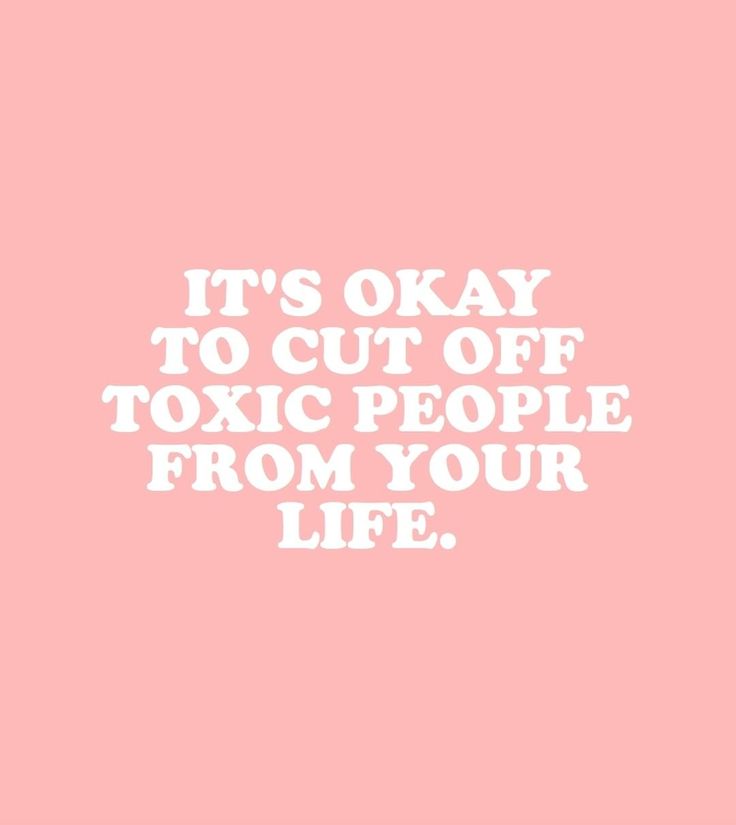 As a result, criticizing and gossiping are almost a sport to them. Of course, that criticism or gossip usually serves to boost their self-esteem or mask their envy by diminishing another person.
As a result, criticizing and gossiping are almost a sport to them. Of course, that criticism or gossip usually serves to boost their self-esteem or mask their envy by diminishing another person.
Extremely toxic people will then act on those judgments in dysfunctional ways — by mistaking them for the truth, inappropriately expressing them to other people, or using them to achieve questionable ends. Unsurprisingly, they rarely praise or celebrate other people — unless, of course, doing so would benefit them (see toxic traits #2 and #3).
Being casually or occasionally judgmental isn’t a toxic trait. We all engage in judgment from time to time. But when a person consistently and unkindly judges other people and situations — and struggles to appreciate another angle on them — that’s when this quality becomes toxic. Of course, that judgment is often a projected expression of their own shame and self-loathing.
They’re all take and no give.
Toxic relationships are usually predicated on one key objective: self-enhancement.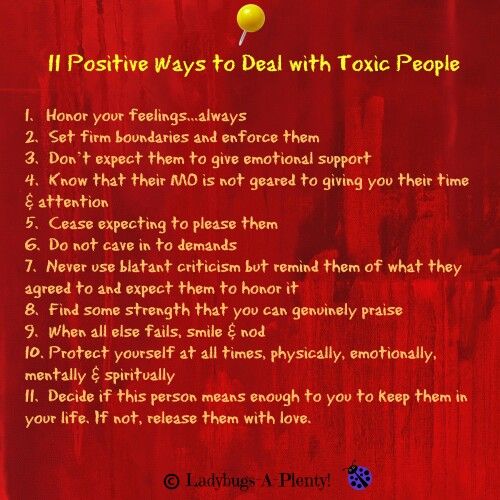 To a toxic person, a relationship isn’t a healthy, dynamic, generous vehicle for shared value. It’s a parasitic, one-sided arrangement designed to fulfill the toxic party’s interests.
To a toxic person, a relationship isn’t a healthy, dynamic, generous vehicle for shared value. It’s a parasitic, one-sided arrangement designed to fulfill the toxic party’s interests.
Toxic people will take any form of value they need: time, energy, attention, affection, material possessions, expertise, pleasure, social status, and even other relationships. In return, they’ll offer very little. Every decision they make in a relationship is designed to preserve access to those goods they most want. Everyone they encounter is just a means to an end.
Some toxic people consciously know this, and move through life with this objective in mind. Other toxic people act unconsciously, ignorant of the fact that their relationships are utilitarian (which, in some ways, is even more unsettling). Either way, toxic people struggle to appreciate another person’s experience. If they could, the parasitic nature of the relationship would break down.
They leave you feeling drained.
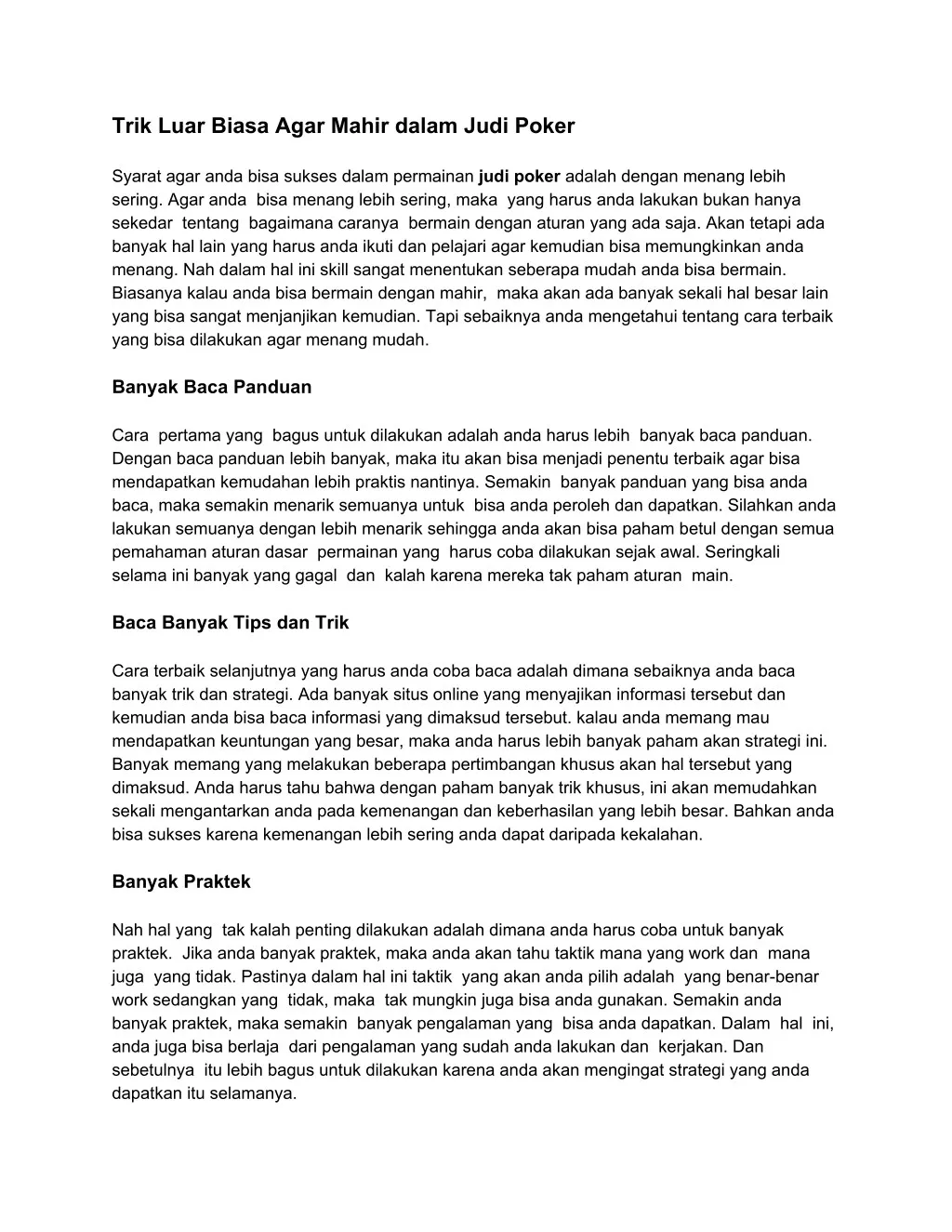
If some of these toxic traits are tricky to spot in other people, then it might be helpful to consider one last symptom: how a toxic person makes you feel.
Truly toxic people have a way of making you feel drained and diminished. You have less physical and mental energy after spending time with them, not more. They also have a profound effect on your sense of self. They often leave you feeling low, demoralized, unconfident, unsteady, or unappreciated. Sometimes it’s their ideas that infect you — for example, when you notice yourself adopting the same negative thoughts that a toxic person holds.
Toxic people can also leave you feeling vaguely “icky” — as if you’ve been contaminated by their negative presence. In fact, that “ick” feeling — which can manifest as feeling “gross,” “confused” or “uncomfortable” — is sometimes one of the clearest indications that you’re in the presence of a truly problematic person.
Checking in with your subjective experience is extremely helpful, because our visceral responses are always meaningful.
But this indicator is also tricky. Our conditioning plays a huge role in how we respond to difficult people. If our threshold for conflict is very low, a merely unpleasant person might register as a highly toxic person. By the same token, a truly dangerous individual might register as merely “eccentric” if we were, say, brought up in a family full of toxic behavior.
So how much can we trust our subjective signals?
Only inasmuch as we interpret them correctly, hold them alongside other data, and use them to draw accurate conclusions. Our visceral reaction to a toxic person contains a ton of data — but that data sometimes says more about us than it does about someone else. Or, as is usually the case, a lot about both. Then we have to figure out whether the stimulus is as problematic as the response.
Still, your gut feeling is worth paying attention to. Because toxic people can hide their toxic traits, but they can’t mask your response to them. You might not always be able to see someone’s manipulation clearly, but you can almost always feel when you’re being manipulated. That’s the one domain a toxic person can’t touch. And that’s what makes this toxic trait so useful to track.
You might not always be able to see someone’s manipulation clearly, but you can almost always feel when you’re being manipulated. That’s the one domain a toxic person can’t touch. And that’s what makes this toxic trait so useful to track.
Reading these telltale signs of a toxic person, you might be struggling to figure out exactly who in your life is truly problematic. That’s one of the tricky things about recognizing a toxic person: they don’t always neatly fall into these categories, or consistently exhibit these traits.
For example, what do you do about the colleague who wants all your sales leads but backs off when you tell them no? How do you deal with the aunt who gossips about you behind your back, but then genuinely seems contrite when you confront her? What about the neighbor who constantly complains that the other tenants are ganging up on him, but is genuinely compassionate toward other people?
Human beings are complex. They don’t always conform to neat theories and tidy categories.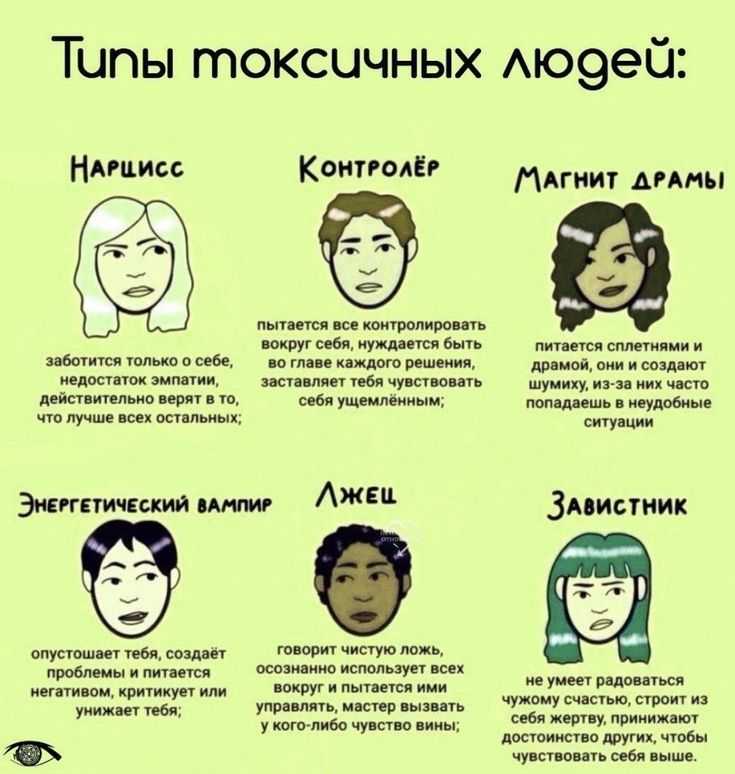 Some people are overtly, undeniably toxic, which makes them easy to spot. But even more people exhibit shades of toxicity or degrees of dysfunction, and that can be tough to diagnose.
Some people are overtly, undeniably toxic, which makes them easy to spot. But even more people exhibit shades of toxicity or degrees of dysfunction, and that can be tough to diagnose.
Still others — and this includes most healthy people, too — have moments or periods of toxicity. An unkind opinion fossilizes into a damaging judgment. A sense of helplessness devolves into a victim identity. Does that make these people toxic?
There’s no easy answer here. The psychology of toxicity is complicated, to be sure. But a helpful concept to keep in mind is that there are spectrums of toxicity.
One of those spectrums applies to people in general.
On one end of that spectrum, you have an obviously predatory, manipulative, judgmental, self-serving person. And on the other end of that spectrum you have a collaborative, respectful, kind, empathetic person. And then you have a bunch of individuals who fall somewhere in between, or have moments of toxicity.
The other useful spectrum applies to each of these specific toxic traits. Take the victim mentality, for example.
On one end of that spectrum, you have a highly defended, deluded, unaccountable person. And on the other end of that spectrum, you have an appropriately vulnerable, honest, responsible person. And then you have a bunch of people who feel both attacked and empowered to do something about it, or have some moments where they feel helpless and self-pitying and other moments where they can take ownership and assert control.
People can fall anywhere on the first spectrum. And people can exhibit different degrees or durations of each toxic quality on the second spectrum. Classifying toxic people isn’t quite as cut and dried as most pop psychology makes it seem. But appreciating the nuances of how people behave can actually lead to better outcomes.
Using the Toxicity Spectrum to Make Better Decisions
If someone falls clearly on the problematic end of these spectrums — in general or in one specific trait — then you’ll have more confidence that it’s time to distance yourself from them.
If they fall somewhere in the middle, then you’ll have to decide whether those traits meet a truly toxic threshold, whether you can tolerate those issues, and whether you want to help them improve.
That’s a very personal decision, and you have to factor in a lot of data to make the right decision — including your history with the person, your interest in the relationship, and their capacity for self-reflection and change.
Also, recognizing that shades of toxicity can exist in everyone — including you — is a helpful reminder. The goal of this article isn’t to condemn anyone who exhibits any sign of dysfunction. It’s to appreciate that while there are overtly toxic people to stay away from, there’s also a lot of nuance to dysfunctional behavior. We can’t make wise decisions about the people in our lives (or help ourselves) without appreciating those shades.
Finally, it’s important to remember that there’s a difference between toxicity and dysfunction, between poisonous behavior and problematic behavior.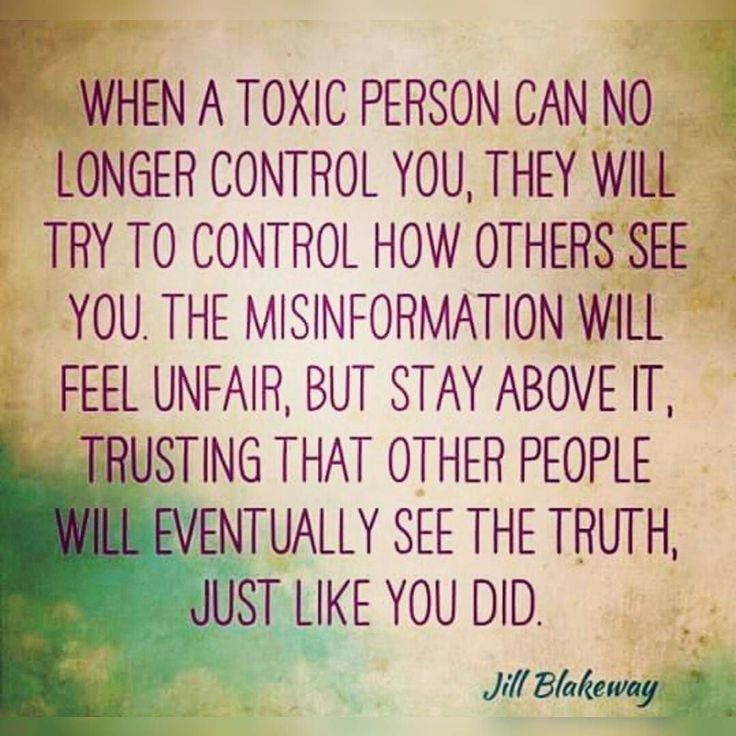
People tend to throw the word “toxic” around these days, and one of the unfortunate effects is that we often apply it too liberally.
If a colleague gets territorial one time in a meeting, or a friend challenges an opinion of yours, or a family member questions your choices, they’re probably not “toxic” — even if they also happen to be aggressive, tough, or overbearing.
Similarly, a partner who refuses to validate your behavior, a peer who sees the world very differently from you, or a cousin who relies on you a little too much during a personal crisis — these folks aren’t toxic, even if their behavior is occasionally problematic.
Conflict does not automatically entail toxicity. Problematic behavior is not always poisonous. Self-interest is not always predatory. Fighting is not always hurtful. Challenging is not always manipulative.
Most importantly, noticing a person’s bad behavior doesn’t automatically mean that they’re a bad person.
You’ll probably encounter plenty of demanding, difficult, and undesirable people in your life. But that doesn’t mean you need to cut them all off. Indeed, there are many situations where cutting someone off — even someone who is truly problematic — isn’t prudent or even possible.
But that doesn’t mean you need to cut them all off. Indeed, there are many situations where cutting someone off — even someone who is truly problematic — isn’t prudent or even possible.
So as you reflect on your relationships, make sure you’re not painting with too broad a brush. Resist the urge to label any form of appropriate conflict “toxic.” When you do, you diminish the utility of the term. You also disempower yourself by avoiding some of the healthy conflict that life requires.
All that said, if this framework has helped you identify a certifiably toxic person in your life, then it’s time to make a change.
Everyone has a different threshold for difficult behavior, and every relationship comes with its own standards and expectations.
A toxic sibling, for example, might deserve several chances to correct their behavior, whereas you don’t need to think twice about distancing yourself from a toxic stranger.
A toxic relationship with a parent might still require some contact for practical reasons, while a toxic friend can make no claim on your time and energy.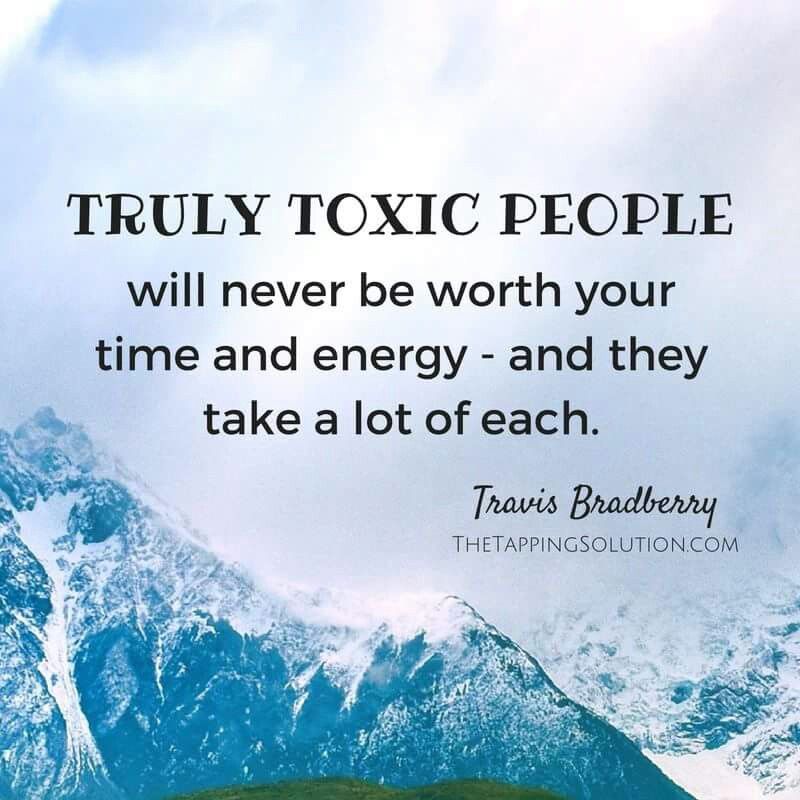
Setting and context matter, too.
For example, you might still need to interact with a toxic colleague in the course of your job. Cutting them off completely might be impractical, and possibly damaging to your performance.
Similarly, you might have to tolerate a toxic cousin if it means spending time with the family members you love, or put up with a toxic ex if it means sharing custody of your child.
Sometimes we just don’t have the luxury of cutting a problematic person off completely. Sometimes cutting a toxic person off is a matter of degrees.
All of which is to say that there is no perfect formula for cutting someone off. But there are a few guiding principles that can help you manage a difficult relationship in the best possible way.
Determine the degree of distance.
As we’ve seen, cutting off a toxic person doesn’t always require a formal and total breakup. Again, the relationship, the context, and the setting will play a big role in what the relationship should look like.
For example, cutting someone off might just mean pulling back on the amount of time you spend with them without formally notifying them of the decision. That also usually means recategorizing them in your mind, so you’re clear with yourself about your expectations and feelings.
Often that approach entails drawing hard boundaries around your time and energy, to allow for a functional relationship with a difficult person without exposing you to their negativity.
In some cases, like with a toxic colleague at work or a dangerous partner in your personal life, it might mean dealing with the person at arm’s length, or through an intermediary.
But if a toxic person’s behavior is truly egregious — and the only way to protect yourself is to explicitly cease all contact with them — then you might need to formally distance yourself from them. Toxic parents, longtime friends, and partners might fall into this category. In those cases, you’ll have to tell the person that your relationship is changing, so that they know where you stand and recognize how their behavior needs to change.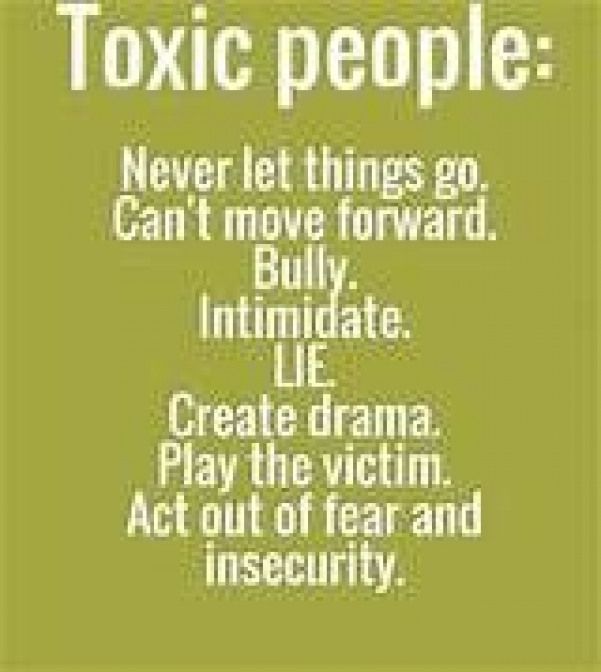
Draw a boundary.
Get clear on what you want this toxic relationship to look like going forward. Do you want no contact at all? Some contact, but with limits on what you and the other person do and say? The same amount of contact as before, but with healthier needs and clearer expectations?
As we’ve seen, every toxic relationship requires a different approach. But whatever change you feel you need to make, you’ll have to enforce that change with the help of strong boundaries.
Boundaries can include limits around your time, energy, and emotional availability; the subjects you and the other person discuss; the behavior or language you’ll tolerate; the nature and intimacy of your relationship; the practical rules of your engagement; the standards and expectations you have; and the way you will (or perhaps won’t) resolve future conflicts.
Basically, boundaries set the terms of the new relationship you’re creating. They’re the “rules” from your point of view. The red line demarcating what you will and won’t put up with.
This is the centerpiece of cutting a toxic person off. Whether it’s refusing to speak to the other person again, only seeing them once a year in certain contexts, or keeping your interactions to certain safe topics or activities, these behaviors are your best weapon in defending against problematic people.
So take some time to get super clear on what those boundaries are. Then, when the time and place are right, communicate them to the other person (or adopt them yourself, and act accordingly).
Choose your method of communication.
The nature of your relationship — and the stakes of the decision to cut someone off — will determine the best medium for the news.
If you’re breaking up with a toxic partner, friend, or parent, that might deserve an in-person conversation — assuming, of course, that seeing the person face-to-face won’t put you at serious physical or emotional risk. Sometimes meeting in a public place (like a restaurant or park) is a smart decision, if it prevents the toxic person from becoming hostile or violent. Also, if things take a turn for the worse, you can simply leave, and there will be plenty of witnesses around.
Also, if things take a turn for the worse, you can simply leave, and there will be plenty of witnesses around.
If you’re distancing yourself from a newer acquaintance or a colleague, then a brief email or text is completely appropriate. (And in some cases, that might even be the best course of action, since written communication is useful documentation in workplace conflicts or legal situations.) Writing a letter can also be cathartic, and help articulate your thoughts more clearly without being drawn into an argument.
In some exceptional cases, you might need to deliver the news through an intermediary — for example, if you ask a friend to tell a dangerous partner that you’re moving on, or your boss needs to tell a problematic employee to stay away from you. Just consider the risk factors involved in bringing a third party into the equation.
In general, your best bet is to communicate in a way that a) best reflects the relationship you had with the person, b) allows you to express yourself most clearly and safely, and c) best accomplishes your objective. That could be a 15-minute conversation at a restaurant, a half-hour phone call from your home, or a handful of text messages over a few days. These are all legitimate forms of communication.
That could be a 15-minute conversation at a restaurant, a half-hour phone call from your home, or a handful of text messages over a few days. These are all legitimate forms of communication.
Don’t overly justify your decision.
While it’s important to know your reasons for cutting someone off, you don’t always need to explain those reasons fully to the other party. Sometimes overly justifying your decision will only provoke a toxic person further, or signal to them that you’re not entirely secure in your choice.
So when you make the decision to pull back, get clear on how much information you need to provide. It’s perfectly acceptable to tell a toxic person that you’re not comfortable with the relationship you had, and that you need to redefine it. You don’t necessarily need to explain every nuance of your decision, every nook and cranny of your feelings, every talking point in your explanation. Cutting a toxic person off is not a trial or a negotiation. It’s simply a choice that you get to communicate on your terms.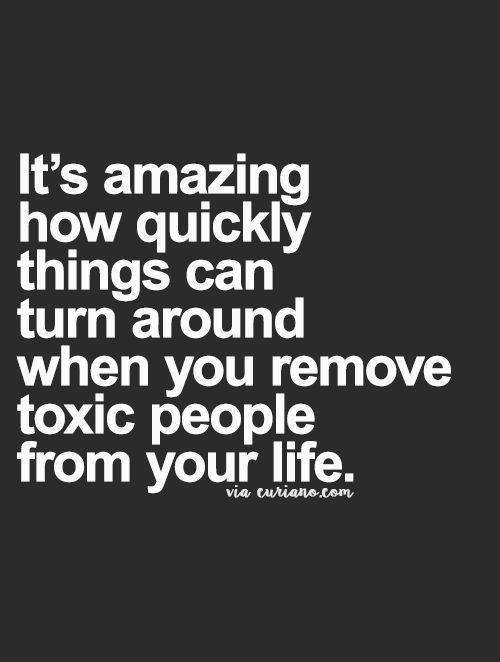
In general, the best policy is to be brief, respectful, and simple.
If you have to notify the other person, break the news in a calm, non-confrontational way. Focus on the most basic facts — that you’ve decided to not have as much contact with them based on certain problematic behavior — and resist the urge to go into too much detail.
If they try to draw you into an argument or a negotiation, draw a line there, too. Explain that you’re not here to discuss or debate, but only to let them know of your decision.
That might feel a little cruel on your part, but if it’s done respectfully, you’re absolutely in the right.
Expect a response.
As we discussed, toxic people rarely respond to boundaries or breakups well.
At a minimum, they’ll probably be angry, hurt, or threatened by your decision. In severe cases, they might try to violate your new boundaries to maintain the relationship you had before. If the toxic person is also wrestling with a mental illness — a personality disorder, say — they might even become more obsessed with you.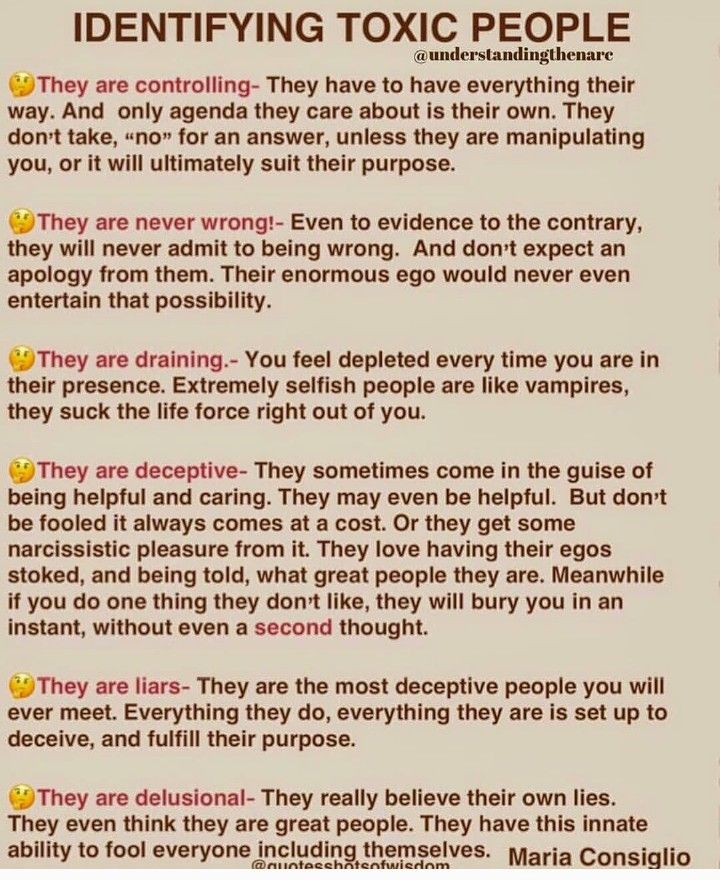 The thought of not having access to you will be intolerable, and they’ll fight tooth and nail to preserve the connection you’ve just broken.
The thought of not having access to you will be intolerable, and they’ll fight tooth and nail to preserve the connection you’ve just broken.
So when you cut a toxic person off, prepare for any range of reactions. Remember that their response is not a referendum on your decision. Their feelings don’t dictate whether you have a right to redefine the relationship.
You also have to prepare for any feelings that their feelings kick up in you — such as guilt, shame, and fear. Those feelings are not an indication that you’ve done something wrong. They’re almost always an indication that you’re rewriting an old script, and the feeling of standing up to yourself is so foreign that it’s giving rise to new and complex feelings.
Which, of course, is usually a sign that you’ve done the right thing.
Hold your boundaries.
Drawing boundaries with a toxic person is a huge step in the right direction, but it’s only half the battle. The other half is maintaining those boundaries.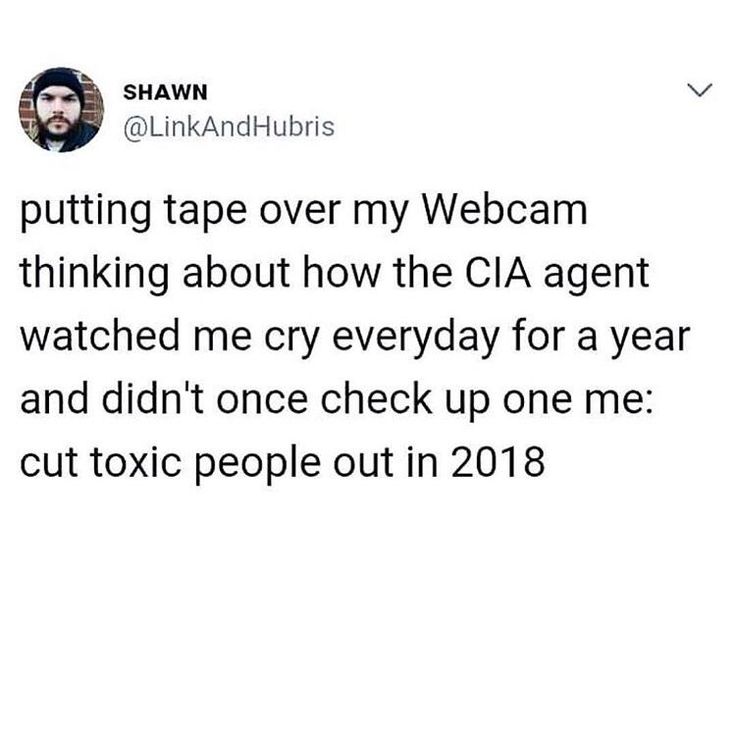
As we saw, toxic people have a tendency to challenge boundaries, either subtly or overtly. You have to be prepared to defend the line you’ve drawn, whether that means limiting the amount of time you spend with them, keeping certain topics or experiences off-limits, or having no contact whatsoever.
This will probably require reserves of conviction and patience on your part. You’ll also have to remain vigilant for small inroads — an innocent hello, a casual favor, a small project — that subtly breach the line you’ve drawn.
In the digital age, holding your boundaries also means protecting yourself online. You might need to block the other person on social media, filter their messages, or simply have a plan for how to respond. Unlike a traditional inbox, social media is somewhere between a means of communication and the real world. The more potential contact you have with a toxic person digitally, the greater the chances that you’ll explore yourself to further abuse, or inadvertently give them more data or ammunition.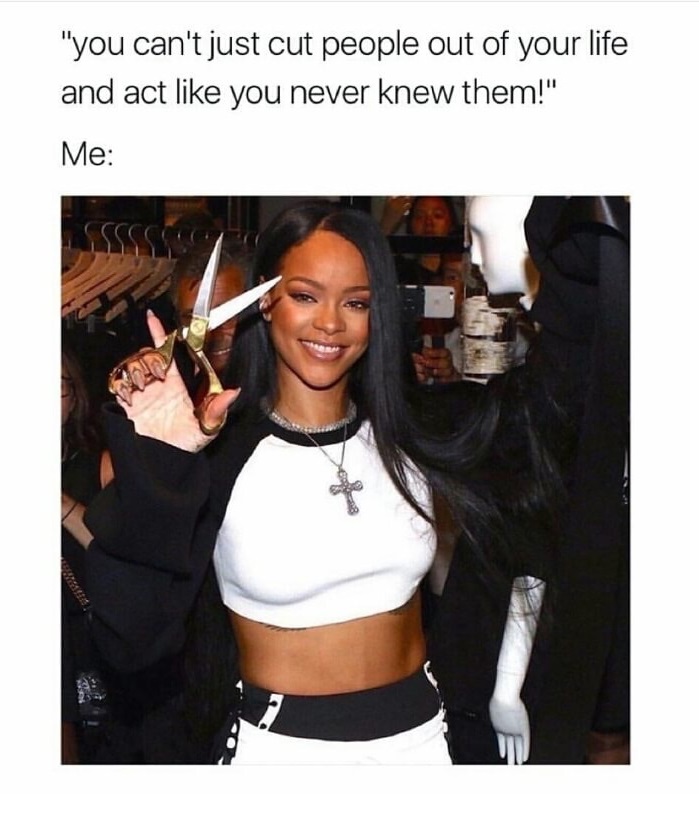
The best approach to holding a boundary is to simply communicate your stance. “I’m sorry, but this isn’t a conversation I’m able to have with you right now.” “I understand you’re upset, but I’m not interested in rehashing an old argument.” “This is the way our relationship has to be now.”
You’re well within your right to firmly restate your boundaries and end the interaction. As we saw, agreeing to renegotiate with a problematic person is a common toxic trap.
Your life will never be completely free of toxic people, patterns, or situations. You can expect to encounter dysfunction wherever you go, whether it’s in your social life, your office, your family, your neighborhood, or in the world at large. Toxicity is everywhere.
Which means that the only reliable way to eliminate (or at least reduce) toxicity is to manage your response to it. To get better at recognizing it. To understand your standards, expectations and limits with respect to problematic people.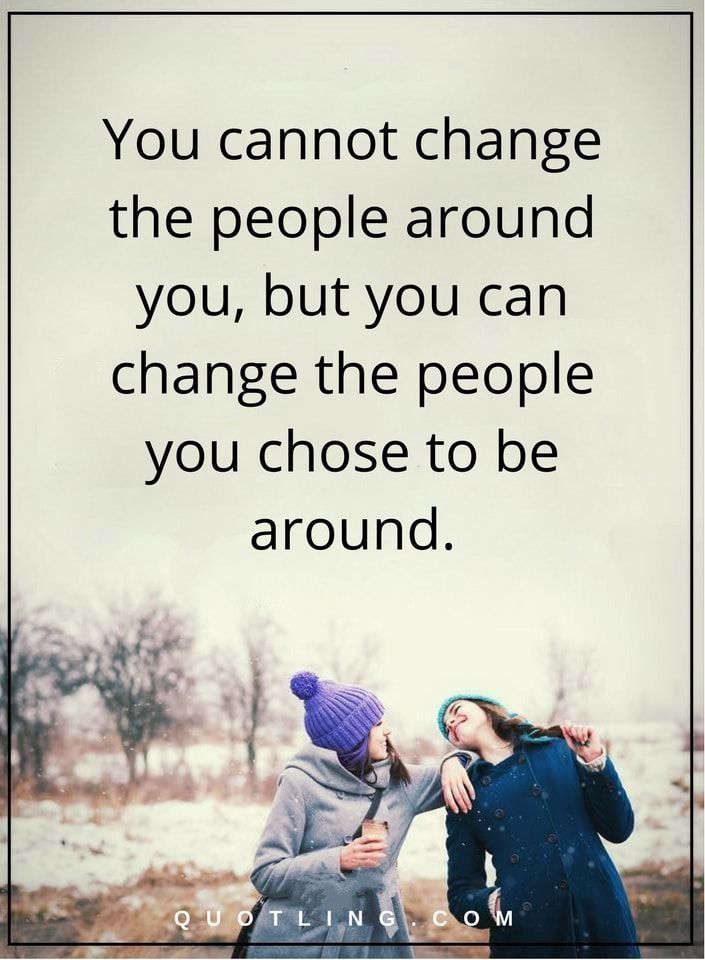 And to rewrite the templates of your dysfunctional relationships.
And to rewrite the templates of your dysfunctional relationships.
The more you do that, the more effective you’ll become at keeping the wrong people out of your life — and keeping the right ones in it.
For more on how to manage and make the most of your relationships, we recommend checking out the following resources:
How to Break Up with a Friend
How to Stop Blaming Other People
The Jordan Harbinger Show
Importance of Cutting Toxic People Out of Your Life
Although removing toxic people from your life won’t always be a walk in the park, sometimes it’s the best thing you can do for your mental and physical well-being. It might not take you long to think of which person or people in your life are unhealthy for you. They may treat you cruelly, manipulate you, or criticize you constantly. They may cause you to feel bad about yourself to the point that the shame drives you to engage in destructive behaviors. Interacting with someone like this can constitute emotional abuse.
Despite these red flags, it isn’t always easy to understand or accept how dangerous these relationships are. You may think that such a person really does have your best interests in mind. It’s vital to be able to recognize when a relationship is causing you serious turmoil or is negatively impacting your mental health.
While the thought of creating space can be scary or overwhelming, it is important to prioritize your mental well-being. Although you are not responsible for how people behave, you can end relationships that do not treat you the way you deserve to be treated. Here are a few tips to help you end an unhealthy relationship to allow your mental health to blossom:
Identify the Toxic RelationshipThe first thing you need to do is identify the person or people negatively affecting your mental health. You may already know exactly who this person is, or it may take some careful thought. Try to think about whether anyone in your life makes you feel bad about yourself or tries to control or manipulate you.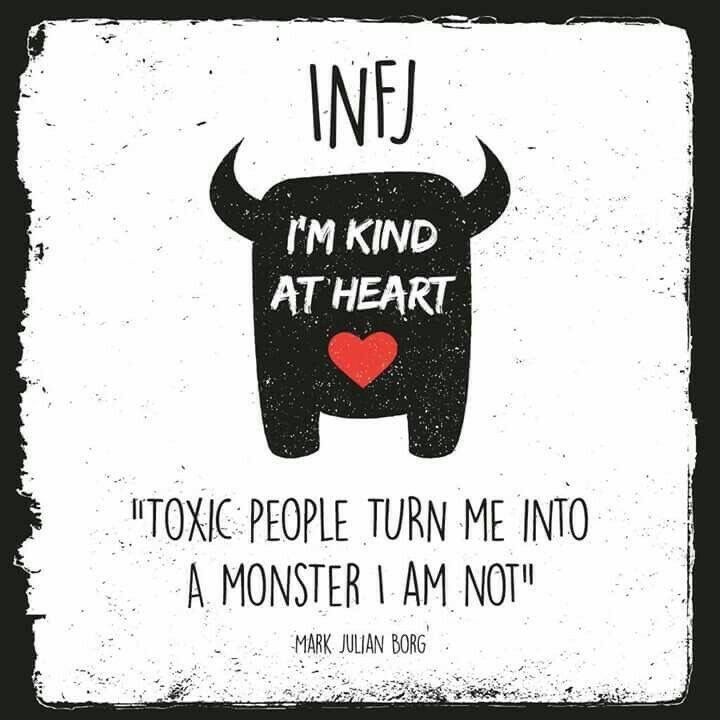 Does anyone in your life make you feel anxious? Do you feel overwhelmed with dread by the thought of talking to or seeing someone? These may serve as indicators that this person is toxic. In general, people should not make you feel anxious, depressed, or cause you to doubt your self-worth. Instead, they should lift you up and bring joy to your life. Here is a list of toxic traits to look for:
Does anyone in your life make you feel anxious? Do you feel overwhelmed with dread by the thought of talking to or seeing someone? These may serve as indicators that this person is toxic. In general, people should not make you feel anxious, depressed, or cause you to doubt your self-worth. Instead, they should lift you up and bring joy to your life. Here is a list of toxic traits to look for:
- They manipulate you
- They make you feel bad about yourself
- They judge you constantly
- They are consumed by negativity
- They are passive-aggressive
- They are overly self-centered
- They have issues with anger management
- They are controlling or demanding of your time and attention
When deciding to cut a toxic relationship out of your life, there is a chance that you may experience backlash.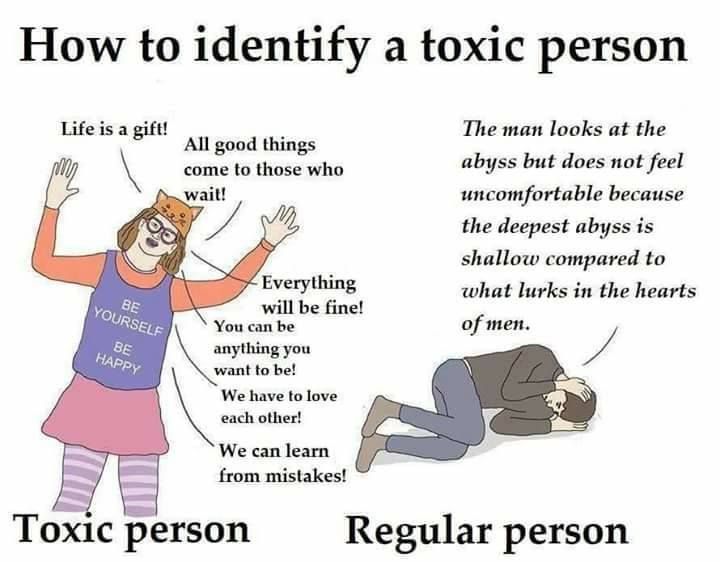 A toxic person is not likely to immediately go away or change their behavior just because you asked them to. They may make promises that they will change or attempt to manipulate the situation, sometimes even making you feel like it was your fault. No matter what they do, stand your ground. Be upfront with them about why you are choosing to move on with your life and stick to it. Although this conversation can feel uncomfortable, it is necessary for your mental safety and stability. You can be kind, but you must be firm.
A toxic person is not likely to immediately go away or change their behavior just because you asked them to. They may make promises that they will change or attempt to manipulate the situation, sometimes even making you feel like it was your fault. No matter what they do, stand your ground. Be upfront with them about why you are choosing to move on with your life and stick to it. Although this conversation can feel uncomfortable, it is necessary for your mental safety and stability. You can be kind, but you must be firm.
Setting boundaries is an important tool to keep you from accidentally slipping back to old habits. For example, if you have decided that you will cut all contact with a toxic person, take measures to eliminate your ability to reach out to them and prevent them from reaching out to you. Block or delete their number, email address, and social media accounts. Remember that it is equally important for you to maintain your boundaries as it is for them to respect the boundaries you set.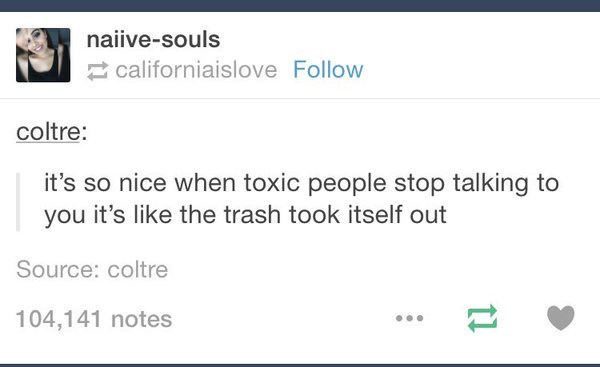
Removing a toxic person from your life is a difficult process that can make you feel numerous negative emotions. It is important to find a healthy support network that you can depend on to help you maneuver through this painful time. Surround yourself with people who bring you joy and lift you up. Reach out to friends and family who will be there to listen, validate, and help you move forward.
In some cases, a toxic relationship can isolate a person from their friends, family, and others who might serve as a support system. Don’t hesitate to make first contact; you might be amazed by how many of those friends and family members have been waiting for this day and will welcome you back with open arms. In other cases, reaching out to a mental health professional who can help you through this new chapter is the healthiest decision you can make.
Choosing to close the door on a toxic relationship can feel challenging and scary.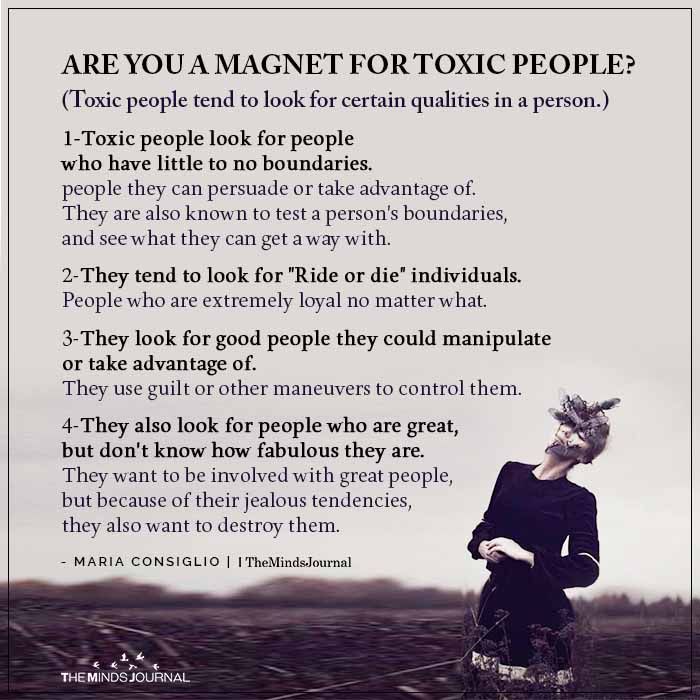 The person who is unhealthy for you might be a close friend, relative, work associate, or even your spouse. No matter who it is, if your relationship is harming your mental health, the best decision you can make is to cut them out of your life. Toxic people can make you feel consumed by a negative outlook on yourself or isolate you from people who truly are good for you. It’s crucial to take the necessary action to get your life back and be treated with the respect you deserve. Learning to stand your ground and set boundaries is one of the first steps you can take to eliminating toxic relationships. If you need professional assistance with this challenging process, or if you’re struggling with anxiety, depression, and other mental health issues as a result of a toxic relationship, call Achieve Concierge at (858) 221-0344 for immediate help.
The person who is unhealthy for you might be a close friend, relative, work associate, or even your spouse. No matter who it is, if your relationship is harming your mental health, the best decision you can make is to cut them out of your life. Toxic people can make you feel consumed by a negative outlook on yourself or isolate you from people who truly are good for you. It’s crucial to take the necessary action to get your life back and be treated with the respect you deserve. Learning to stand your ground and set boundaries is one of the first steps you can take to eliminating toxic relationships. If you need professional assistance with this challenging process, or if you’re struggling with anxiety, depression, and other mental health issues as a result of a toxic relationship, call Achieve Concierge at (858) 221-0344 for immediate help.
How to get rid of "toxic" people
November 17, 2015 A life
When you try to become better, change your life, achieve something new, there will definitely be ill-wishers.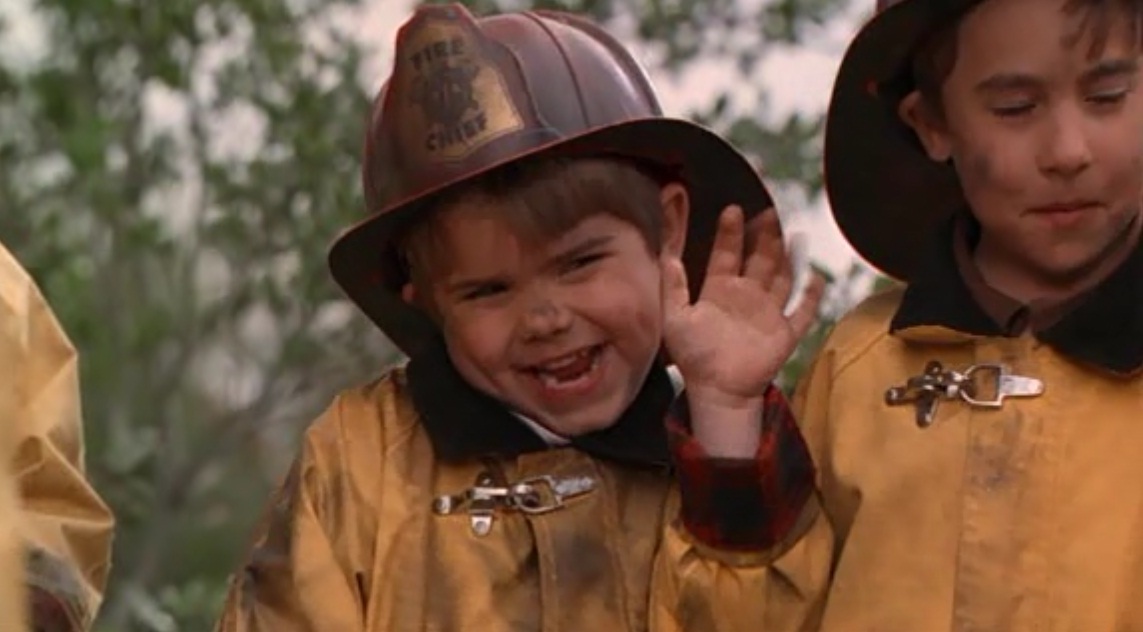 But the worst thing is that they can be found among the closest people - relatives, friends, colleagues. How to understand that someone is manipulating you and pulling you back? And is it necessary to delete such a person from your life?
But the worst thing is that they can be found among the closest people - relatives, friends, colleagues. How to understand that someone is manipulating you and pulling you back? And is it necessary to delete such a person from your life?
You may have heard the famous scientific joke about a frog: if you throw it into boiling water, the frog will realize the danger and jump out of the pot. If you heat the water gradually, then the frog will not jump out and will boil. The message is clear: in everyone's life there will always be people who interfere, portend troubles and harm when you are trying to become better, but do it so carefully that you can not notice the danger. nine0003
Such people - let's call them "toxic" or people who poison life - can slow down your progress for a variety of reasons. Perhaps they think that you will not last long in their life if you succeed. Perhaps they feel that their shortcomings will be more visible against your background. Or maybe they just don't accept the possibility of change.
But the root causes matter far less than the immediate effect they have on you. Their anger, resentment, manipulation or cruelty undermine your strength. At any moment you may find yourself surrounded by poisonous friends, relatives, colleagues who, consciously or unconsciously, interfere with your happiness and personal growth. To feel good, achieve success and happiness, it is important to identify such people in your environment and learn how to manage the emotions that they cause in you. nine0003
So let's discuss how to recognize toxic people and how to navigate the complex process of getting rid of such people. Your future depends on it.
How to know that a person is poisoning your life
There are people who are always pulling you back - annoying, quarrelsome, constantly demanding something or simply repelling. But such people cannot be called poisoners in the strict sense of the word. They are just nasty people. You want to keep a small distance from such people, but there is no urgent need to cut them out of your life. nine0003
nine0003
There is a great variety of people who poison life. On the one hand, your old school friend, who keeps talking about how little time you spend together now. On the other hand, an ex-girlfriend who can still manipulate you, leading to fits of anger. Your friend may just be annoying, but your ex is most likely poisoning your life.
Of course, you will have to decide when to just keep your distance and when to cut the person out of your life. The stock of patience for your sister is probably much more than for a colleague, but sisters and colleagues are different. nine0003
Now let's talk about real ill-wishers - those who infect, control your life. Here are a few classic signs of people who poison life.
- They are trying to control you. It may sound strange, but people who cannot control their own lives often seek to control yours. Their poisonous influence manifests itself in their attempts to control others both openly and covertly, through subtle manipulation.

- They don't respect your personal boundaries. nine0027 If you keep telling someone not to do a certain thing to you and they keep doing it anyway, that person is probably poisoning your life. Respect for the boundaries of others is natural for a well-mannered adult. And the people who make your life miserable profit by violating boundaries.
- They take but give nothing. The ability to take and give is the key to true friendship. Sometimes you need a helping hand, sometimes your friend needs it, but you give and take equally. But not with people who poison your life - they will take everything they can from you, and for as long as you last. nine0028
- They are always right. They will always find a way to stay right even when they are wrong. They are unusually rare to admit that they messed up, made a mistake or put it wrong.
- They are insincere. This is not about a tendency to exaggerate, save face or other varieties of "white" lies.
 This is a clear and constantly repeated dishonest behavior.
This is a clear and constantly repeated dishonest behavior. - They love being the victim. People who poison your life take pleasure in acting as a victim against whom the whole world is against. They are looking for a reason to be offended, offended, ignored, although they don’t really feel anything like that. They like to make excuses, give seemingly reasonable explanations, or completely deny their guilt in what happened. nine0028
- They do not take responsibility. Part of the victim's behavior is due to a desire to avoid responsibility. “Things are just the way they are”, “We are not like that, life is like this” - phrases illustrating the attitude of poisoners to life.
Doesn't remind you of anyone? People who poison your life can go unnoticed for years. Until you stop to reflect on your experience with them.
Now let's talk about how to get rid of such people. nine0003
Why is it so important to get rid of the people who poison your life
It is very rare when ill-wishers completely impede all your attempts to change for the better, but it happens.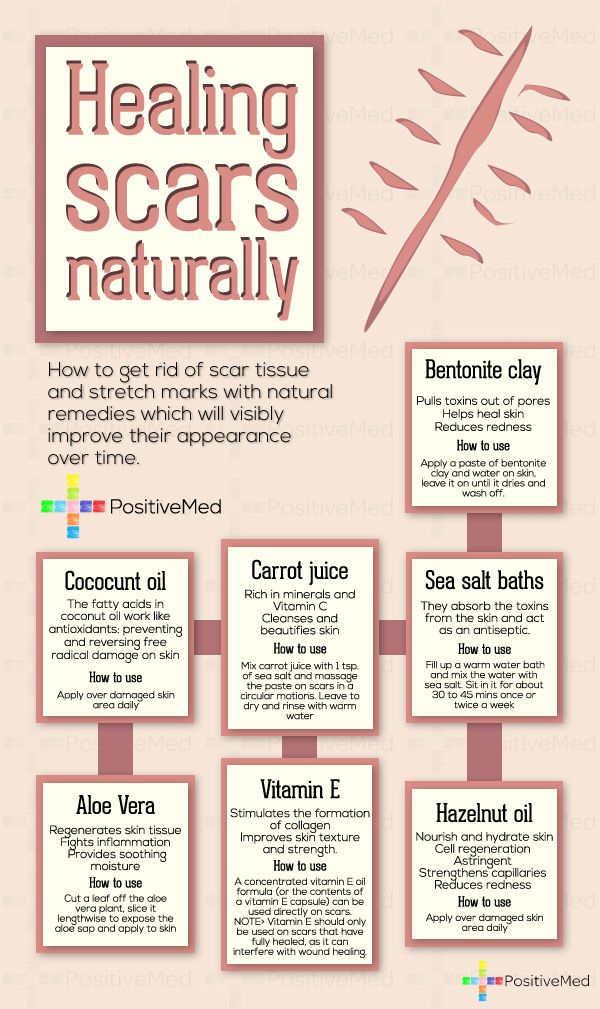 Basically, they hinder your progress.
Basically, they hinder your progress.
Most importantly, do you want to have a person in your life who actively prevents you from making your life better?
The answer is, of course, no. It may be hard for you to accept this, but only until you realize the impact his company has on you. nine0003
Under the influence of a person who poisons your life, you may reconsider an important decision. You may feel sad, uncomfortable, downright ashamed of your progress. You can even adopt not the best qualities of poisoners, for example, begin to envy someone else's happiness. Because all poisonous people have a common feature: they want you to become like them.
More often than not, we simply don't realize that someone's behavior is poisoning our lives. If you have such a boss, then you understand how it works: his behavior makes you irritable and embittered, you break down on your subordinates, then the employees begin to conflict with each other more and more, and then transfer this irritation to family and friends.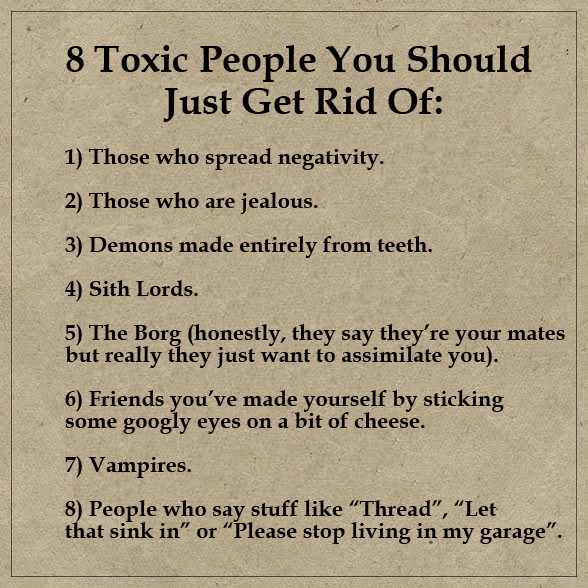 And before you know it, the poison has already spread. nine0003
And before you know it, the poison has already spread. nine0003
How to get rid of people who really poison life
- Accept the fact that goodbye can be long. Purification of toxic elements is not always easy. If a person did not respect your personal boundaries before, he will not respect them now. He may return even after you tell him to get out. You may have to say this several times before he finally leaves for good.
- Don't feel like you have to explain anything. nine0027 You give any explanation to yourself. Tell how you feel, but in a way that it is clear that this is not the subject of discussion. You can do it even easier: gently and calmly tell the person that you no longer want to see him in your life. How much or how little explanation is needed is up to you. Different relationships require a different approach.
- Speak in a public place. It is not surprising that people who poison your life can be conflicting or even cruel.
 Public speaking can significantly reduce the possibility of conflict. And if something goes wrong, you can get up and leave. nine0028
Public speaking can significantly reduce the possibility of conflict. And if something goes wrong, you can get up and leave. nine0028 - Block these people on social media. Technology makes it harder to distance yourself, so don't leave an open window through which detractors can terrorize or coax you. You have set your boundaries. Stick to them. This includes preventive measures, such as limiting contacts on social networks.
- Don't argue, just establish new boundaries. It may be tempting to plunge into disputes and conflicts with people who poison your life, but this is exactly what they seek. If they try to come back, avoid discussions. Define your boundaries strongly, and then end the conversation. You are not trying to convince the person to leave you alone. These are not negotiations. So, as the saying goes, don't feed the troll. nine0028
- Consider maintaining a distance instead of a complete break. Remember, we talked about a person who can hardly be called poisoning life, but nevertheless he is unpleasant to you? These people don't need to be cut out of your life completely.
 You just need to keep your distance, dividing the time for communication with them and for your personal affairs.
You just need to keep your distance, dividing the time for communication with them and for your personal affairs.
It is not always necessary to do all of the above. It all depends on the specific situation. Sometimes it’s enough just to make a decision and increase the distance, especially when it comes to friends and colleagues, this does not require a serious conversation. Remember that you don't have to explain anything to anyone. You can simply slowly and imperceptibly disappear from a person's life in order to stop feeling his toxic effects. Relationships with people like a fire: stop giving him food, and he will go out by itself. nine0003
But there is one scenario where you have to act differently. It's about relationships with blood relatives.
What to do if the person poisoning your life is a member of your family
There are no simple recipes and standard answers that will suit everyone and everyone.
Breaking up with a relative who is poisoning your life can be the most important break in your life. The family directly influences your thoughts, behavior, choices. But relatives are not your owners simply by virtue of blood ties. Kinship is not a license to ruin your life. Remember this. nine0003
The family directly influences your thoughts, behavior, choices. But relatives are not your owners simply by virtue of blood ties. Kinship is not a license to ruin your life. Remember this. nine0003
This is why increasing the distance between the person who is poisoning your life and you is the best solution, whether it be physical or emotional distance.
But in the case of relatives, you will have to make some concessions. You can distance yourself emotionally, but you must be aware that you will still have to interact with this person (for example, meet at holiday dinners or take care of your parents together). In order to keep your distance, you will have to learn to separate the practical activity and the emotional component - you will agree to take part in this person's life when it is really necessary, but do not let him negatively influence you. nine0003
It is especially important for family members to make informed decisions. So ask yourself: what kind of return do you get from your family members? How are the holidays going? Can you actually completely cut off all ties with a relative who is poisoning your life? You can answer these questions and decide that you need to end the relationship permanently.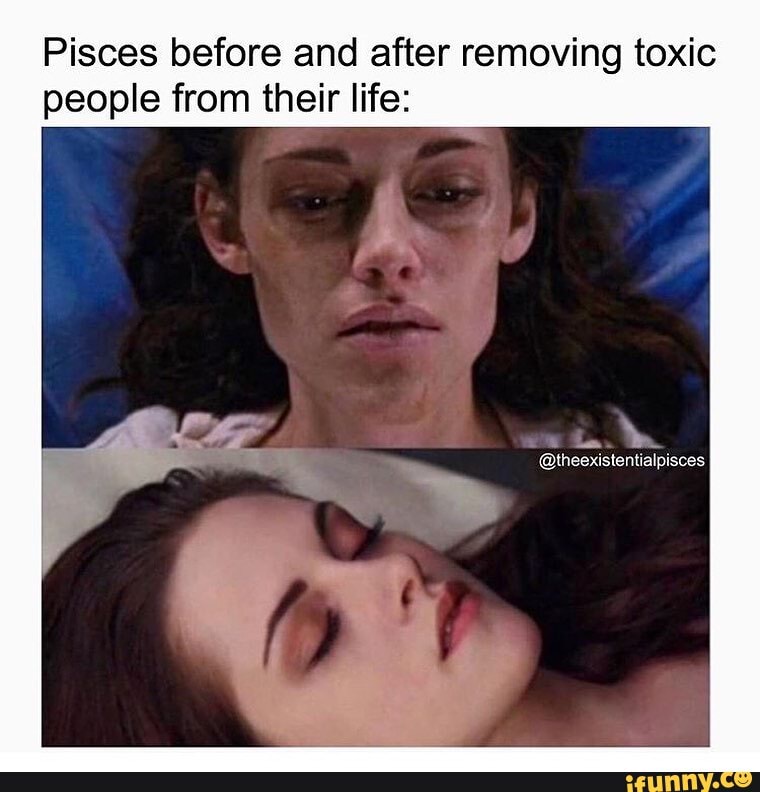 Or you can adjust your behavior according to the situation. The main thing is to take the time to think about what is happening and the possible consequences of a wrong decision. nine0003
Or you can adjust your behavior according to the situation. The main thing is to take the time to think about what is happening and the possible consequences of a wrong decision. nine0003
It is not easy to cut a family member out of your life. But it may turn out to be the most important liberating decision you will ever make.
What is the most important thing in getting rid of people who poison your life? This is a message to myself. You say to yourself, "I have value." You put your happiness above other people's problems. And once you realize how some people can destroy your sense of self-worth, it will become more difficult for them to penetrate your life.
Psychologist told how to protect yourself from toxic people
iStock. The first thought is that it is worth limiting communication with such people, but what if they are close people, colleagues or relatives?
It is important to keep an emotional distance, says Lyudmila Tkachenko, a psychologist at the Kutuzovsky family center. "It's important to keep your emotions under control, and sometimes it's better to choose a neutral line of behavior, like nodding and agreeing," she says. "For example, if you comfort your upset friend, don't let her make it a daily tradition, otherwise you experiences that affect your emotional state." It is necessary to keep a distance, building a constructive dialogue, not absorbing negative information, only in this way it is possible to develop an internal filter from other people's bad emotions and problems. nine0003
"It's important to keep your emotions under control, and sometimes it's better to choose a neutral line of behavior, like nodding and agreeing," she says. "For example, if you comfort your upset friend, don't let her make it a daily tradition, otherwise you experiences that affect your emotional state." It is necessary to keep a distance, building a constructive dialogue, not absorbing negative information, only in this way it is possible to develop an internal filter from other people's bad emotions and problems. nine0003
"A good way to neutralize a toxic interlocutor is to ask him the question: "How and when are you going to solve your problem?" He will either change the topic or shut up, because he is going to complain, not solve the problem. Remember that only finding a solution is constructive , not experiences," adds Tkachenko.
It is equally important to reduce contact with toxic people. For example, if there is a negative colleague at work, then communication with him can be reduced to solving work issues.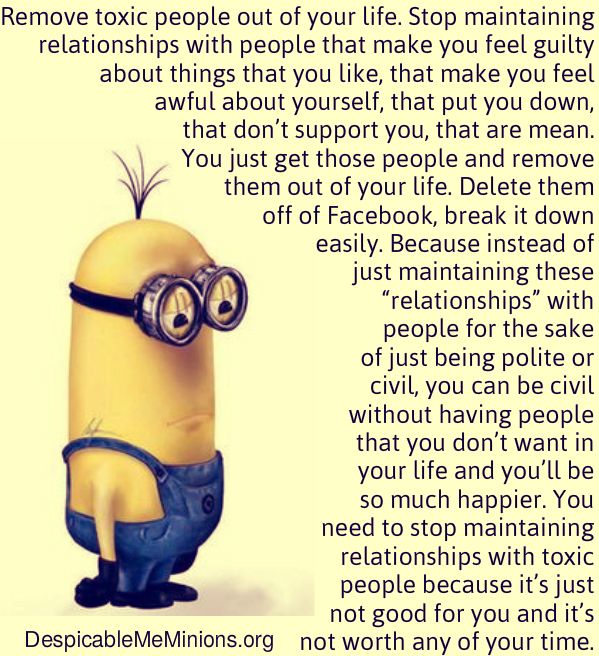 If we are not talking about workmates, you can put calls and notifications from toxic subscribers to silent mode. “Toxic people need a response, and if they don’t get it, they switch to the next “victim.” Alternatively, for some people, you can become a very boring, unmotivated interlocutor who cannot be pissed off,” Tkachenko notes. nine0003
If we are not talking about workmates, you can put calls and notifications from toxic subscribers to silent mode. “Toxic people need a response, and if they don’t get it, they switch to the next “victim.” Alternatively, for some people, you can become a very boring, unmotivated interlocutor who cannot be pissed off,” Tkachenko notes. nine0003
Also, when communicating with toxic people, you can openly say what exactly does not suit you, in this case, either the person will begin to change his behavior for the better, or he will stop communicating with you. The psychologist advises to develop the ability to stand up for yourself and your boundaries. “All toxic people are manipulators. They need to be made clear that you can stand up for yourself and are not going to be manipulated by him. A good way is to set time limits in communication. For example, if your girlfriend is a toxic person, set a time limit for communication, explaining his affairs that cannot be postponed.If communication with her cannot be completely limited, suggest that she turn to a psychologist with her problem.